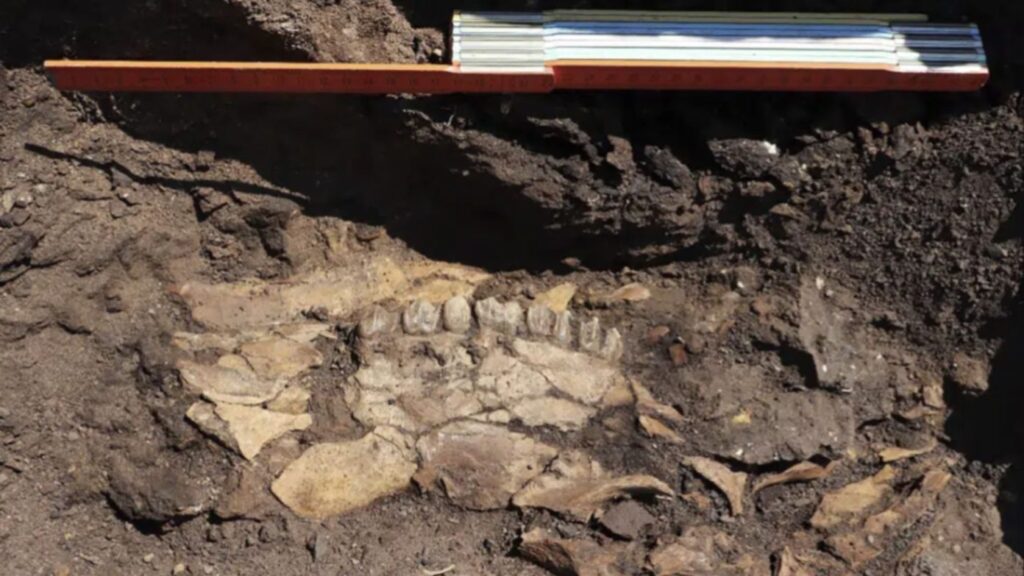The oldest archaeological site of Greece has been discovered in the southern part of the country, in an open coal mine rich with antiquities.
According to ekathimerini.com, the site dates to 700,000 years ago and is related to modern humans’ hominin ancestors.
The finding would drag the dawn of Greek archaeology back by as much as a quarter of a million years.
Older hominin sites have been brought to light elsewhere in Europe, with the oldest one located in Spain and being dated to more than a million years ago.
The Greek site was one of five investigated in the Megalopolis area during a project which has lasted for five years, and involves an international team of experts.
It was found to contain rough stone tools from the Lower Palaeolithic period — about 3.3 million to 300,000 years ago — and the remains of an extinct species of giant deer, elephants, hippopotamus, rhinoceros and a macaque monkey.
The project was directed by Panagiotis Karkanas of the American School of Classical Studies at Athens, Eleni Panagopoulou from the Greek Culture Ministry and Katerina Harvati, a professor of paleoanthropology at the University of Tübingen in Germany.
“We are very excited to be able to report this finding, which demonstrates the great importance of our region for understanding hominin migrations to Europe and for human evolution in general,” the three co-directors said.
The oldest Middle Palaeolithic remains found in Greece, dating to roughly 280,000 years ago, were found at another site in the Megalopolis area of the southern Peloponnese peninsula.
According to the researchers, the findings suggest Greece may have played a significant role in stone industry developments in Europe.
Source: Greek Herald


